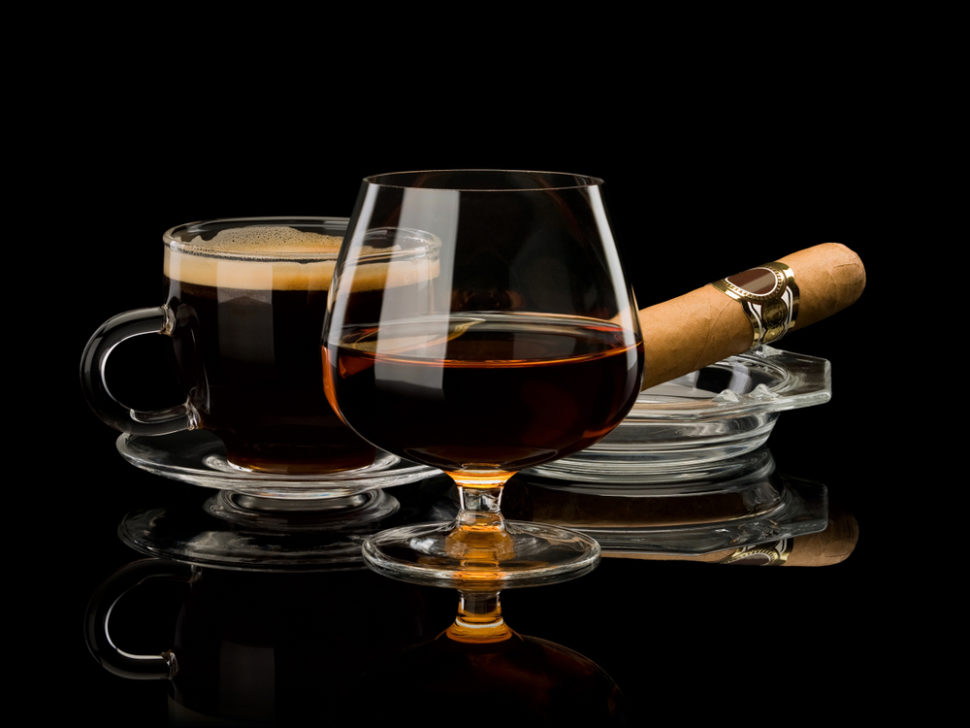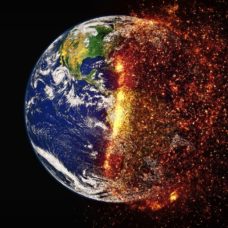In a recent longitudinal study, researchers examined how alcohol, caffeine, and nicotine consumption affects sleep duration among African-Americans.
About 50 to 70 million people in the United States suffer from one or several sleep disorders. According to Fortune Magazine, lack of sleep costs the nation over $411 billion annually in lost productivity.
Also, past studies have found links between a sleepless night and several health issues. These include high blood pressure, heart diseases, diabetes, and certain cancers.
While researchers have always believed that evening use of alcohol, caffeine, and nicotine disrupt sleep, the past studies were restricted.
For one, the sample sizes were limited and didn’t represent racial and ethnic diversity. Also, the studies conducted their investigations in laboratory and observatory settings without considering the natural environment.
To correct these limitations, a study led by a researcher from Florida Atlantic University examined the association between theses substances and sleep outcomes in African-American cohorts.
Effects on Sleep Duration
Every night for 5,164 days, the researchers examined how the use of alcohol, caffeine, nicotine affects sleep duration and efficiency. They also wanted to know how the effect of the substances on wake after sleep onset.
So, they objectively measured 785 participants in their natural environment, using concurrent sleep diaries and actigraphy – a wristwatch-like sensor. The researchers also recorded the alcohol, caffeine, and nicotine consumption of the participants within four hours of bedtime.
Here’s the breakdown of the findings as published in the journal Sleep.
Coffee Lovers Can Enjoy a Good Night Rest
Good news for coffee lovers! The result showed no association between coffee consumption within four hours of bedtime and the sleep parameters.
However, the researcher admitted that they were unable to account for essential factors which could influence how caffeine affects sleep. These include individual variations in caffeine sensitivity, tolerance, as well as caffeine dosing.
Smokers and Alcohol Lovers Have Shorter Sleep Duration
Unlike coffee, nicotine, and alcohol use within four hours of bedtime could lead to worse sleep continuity. Even after the researchers controlled for the demography, anxiety, stress, and depressive symptoms, the result remained relatively unchanged.
More than alcohol, nicotine is strongly associated with sleep disruption. The researchers noted a statistically significant interaction between evening smoke and insomnia concerning sleep duration.
The findings emphasize the importance of restricting evening alcohol and nicotine to promote improved sleep continuity.



















Comments (0)
Most Recent